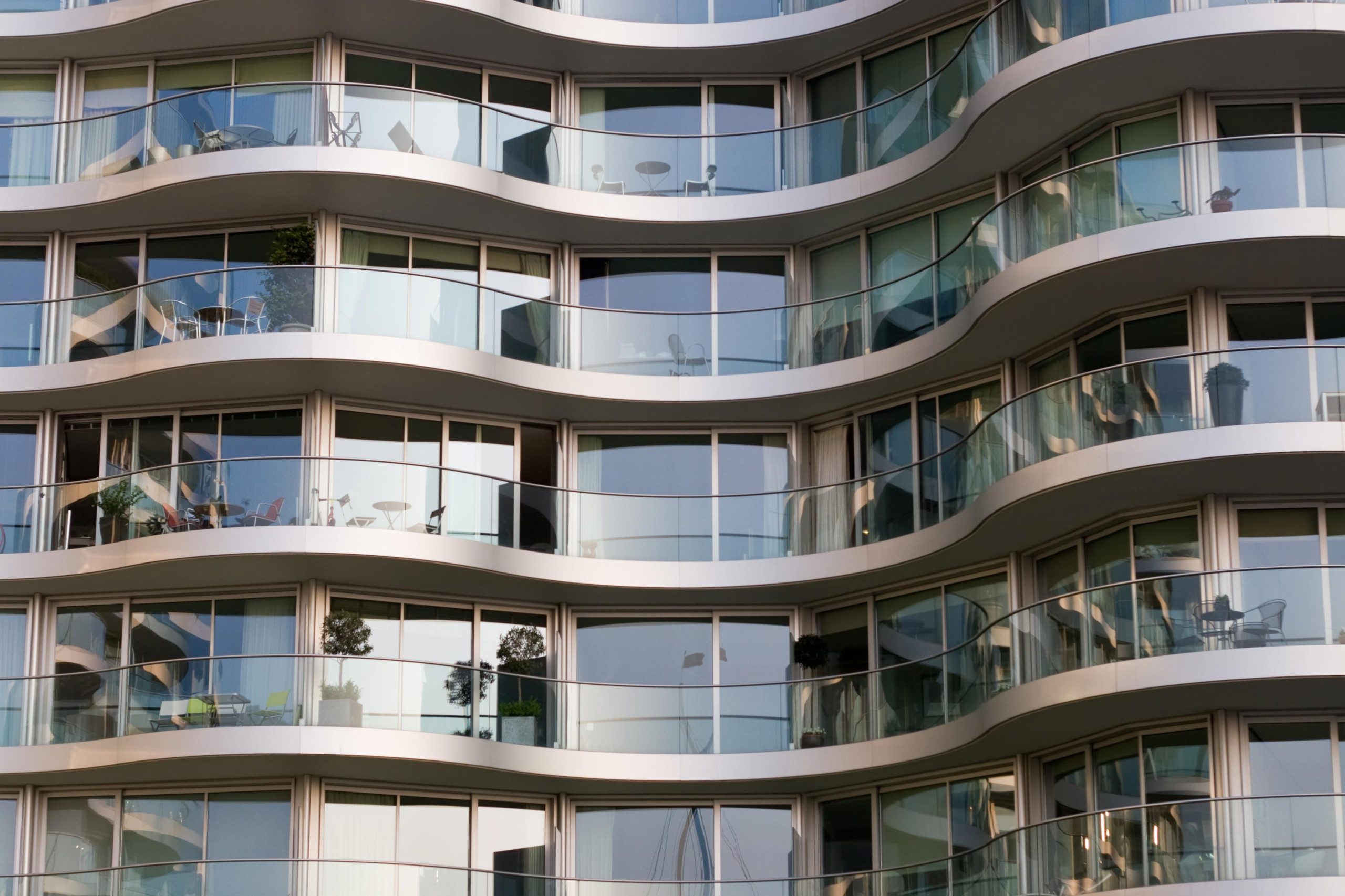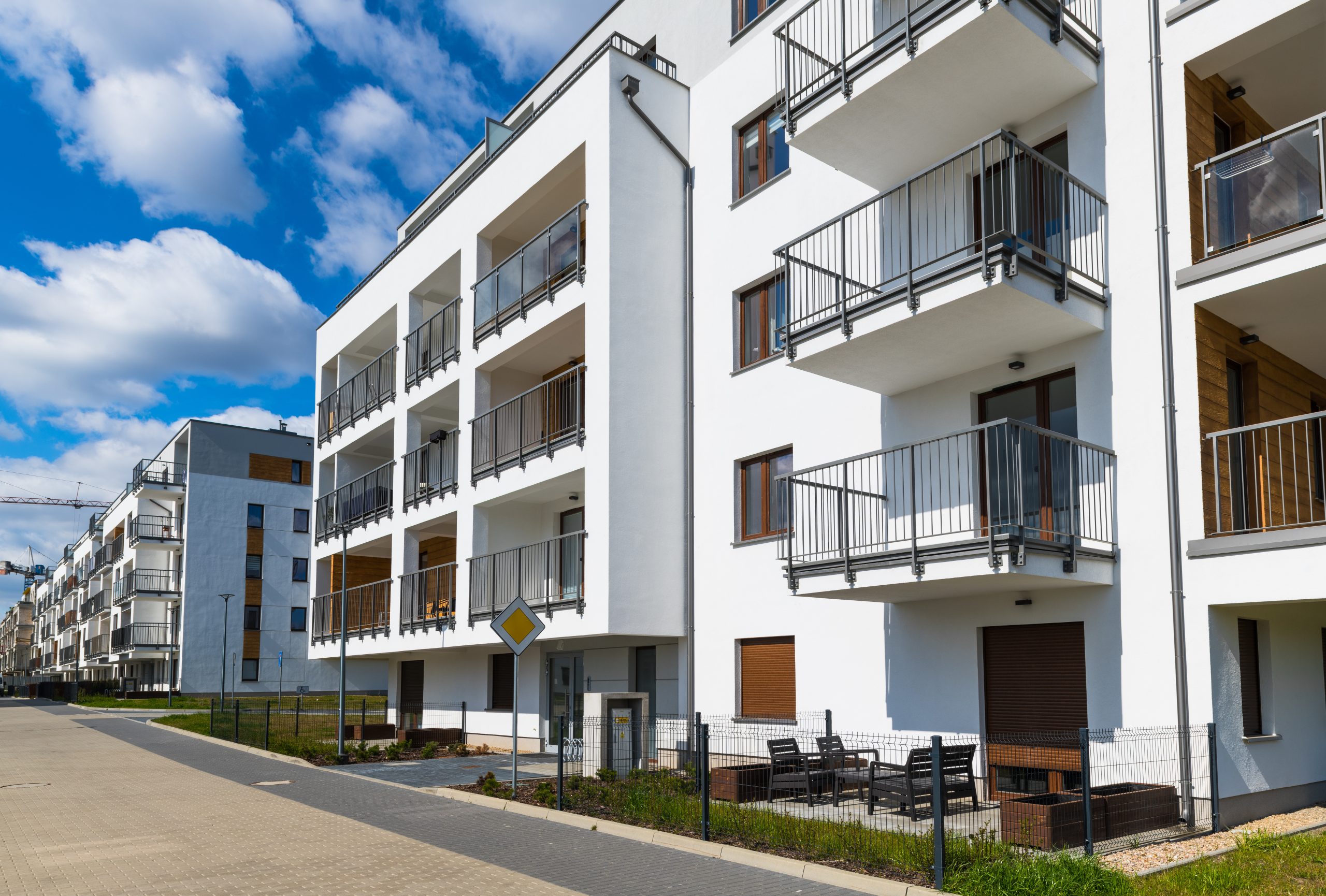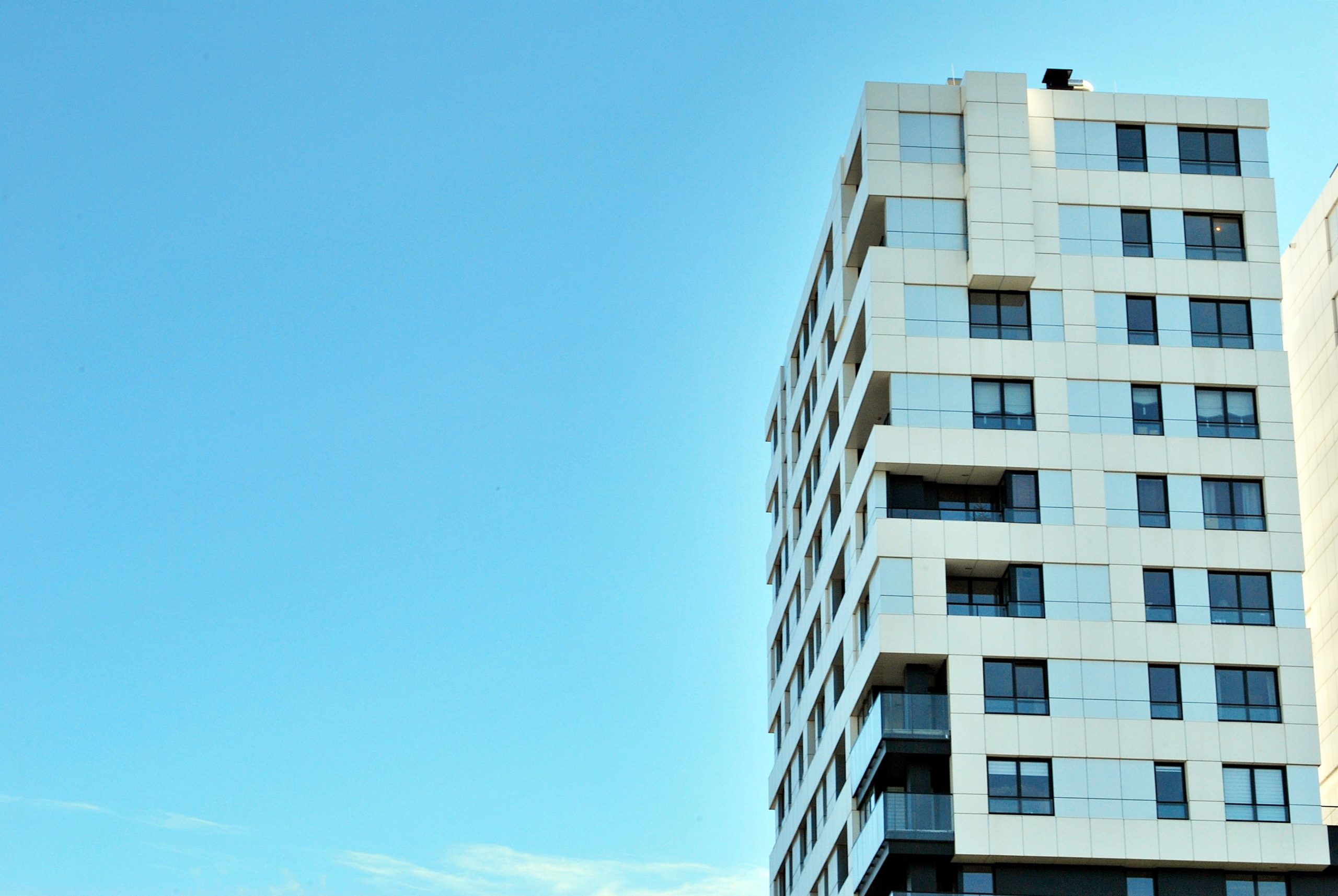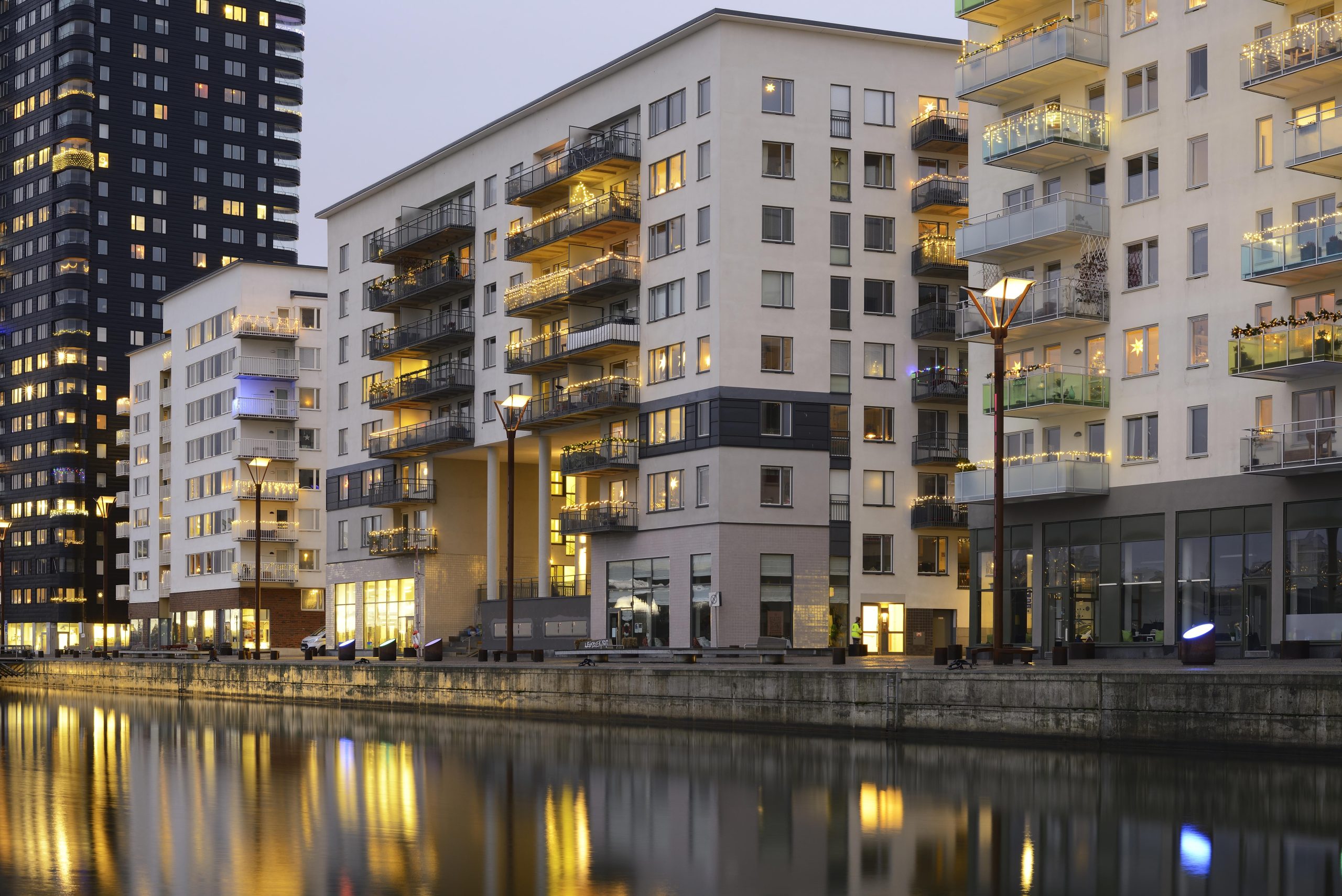GDPR CCTV rules – can a leaseholder install CCTV at their flat?
One question we are increasingly asked to consider by our managing agent clients is that of domestic CCTV such as the ‘Ring Doorbell’ system, and its impact on neighbouring properties.
The phrase ‘domestic CCTV system’ refers to the use of any video surveillance equipment mounted or fixed to a home, and it can include cameras fitted to doorbells.
In this latest Brady blog, Jeremy Weaver explains the law around domestic CCTV and give a reminder of individuals’ rights under the GDPR rules.

25 May 2018. This is the date that the GDPR (general data protection regulations) came into force, bringing much stricter rules around how ‘personal data’ can be captured and used, and some hefty penalties for persistent non-compliance.
‘Personal data’ covers anything that can identify an individual. Therefore, it naturally follows that image and audio recordings captured through domestic CCTV systems will fall within the scope of the GDPR.
So, what is the legal position if one of your leaseholders installs a ring doorbell (or other such device) and a neighbour complains?
The key point is to establish what footage the cameras are capturing.
If the CCTV is capturing only the individual leaseholder’s property, then the conversation can end here. However, for most apartment blocks, it is difficult to restrict the footage in this way, and cameras and microphones will often capture footage beyond the property boundary.
If the cameras are capturing images and audio recordings beyond an individual’s boundaries – including public spaces as well as neighbouring properties, then the use of the CCTV system is subject to the data protection rules under the GDPR. (More information on the GDPR in relation to domestic CCTV can be found here, on the ICO (Information Commissioner’s Office) website.)
This means that the owner of the CCTV/Ring Doorbell/a.n.other system becomes what is known as the data controller.
And, as a data controller, they have legal obligations, including:
- Having a clear and justifiable reason for capturing footage beyond their property boundary, and why these images are needed.
- Putting up signs explaining that recording is taking place, and why.
- Not capturing more footage than is needed to achieve their purpose in using the system.
- Ensuring the security of the footage by holding it securely and making sure nobody can watch it without good reason.
- Only keeping the footage for as long as is needed and deleting it regularly.
- Ensuring the CCTV system is only operated in ways intended and can’t be misused.
- Ensuring anyone else in the property, such as flat-mates and family members also know the importance of not misusing it.
- Being prepared to respond to ‘subject access requests’. This is where an individual has the right to ask for the personal data held on them – such as the footage from the CCTV system.
If a leaseholder fails to comply with the GDPR requirements, they could be subject to a fine from the ICO – and the affected neighbour has a valid claim for compensation.
Whilst it is understandable that individuals want to ensure safety and security at their premises, they clearly need to think through the use of GDPR CCTV rules, and CCTV systems and doorbell cameras that have the scope to breach their neighbours’ rights to privacy.
How can you minimise potential domestic CCTV disputes?
To avoid neighbour v neighbour disputes and the potential misuse of data, it may be worth considering a system for the whole block, with the freeholder, RMC or their managing agent acting as data controller, protecting the interests of all leaseholders.
Such installations could also amount to a breach of covenant under the terms of the leaseholder’s lease, either expressly or perhaps under a nuisance/annoyance covenant and action could potentially be taken to enforce the covenant if required by requiring the removal of the installation. The terms of the lease would need to be checked to establish whether this is the case.
For help or advice on issues raised in this blog, please do get in touch.
"*" indicates required fields




